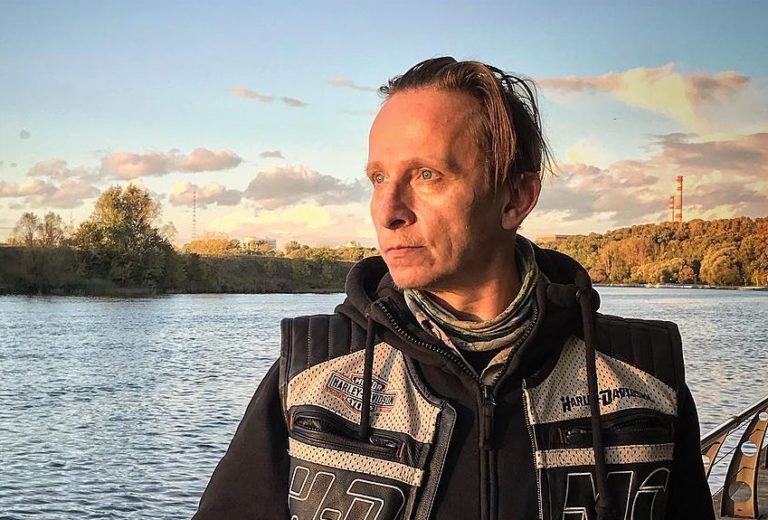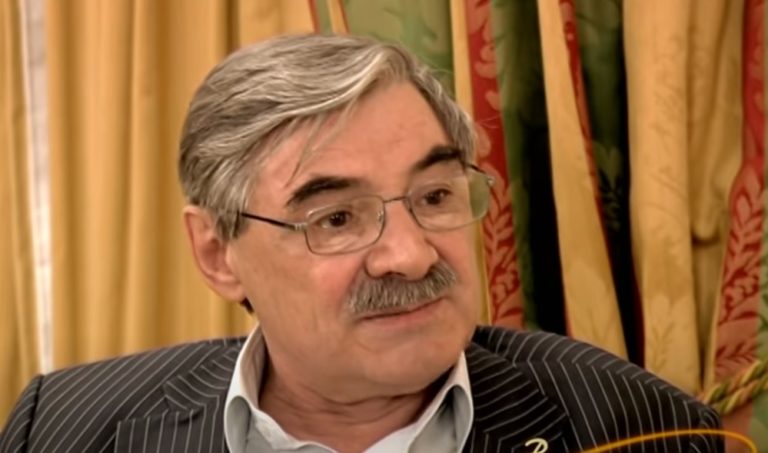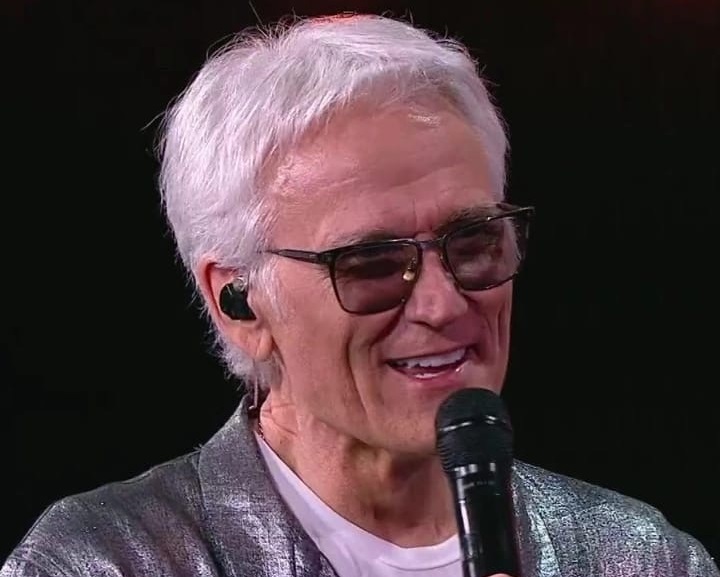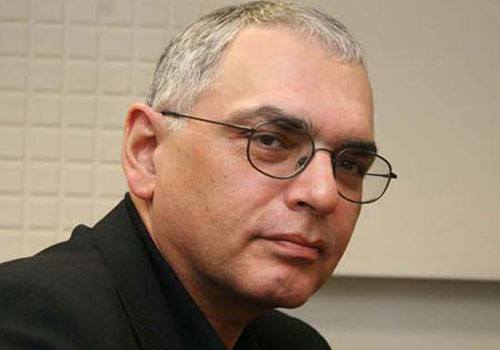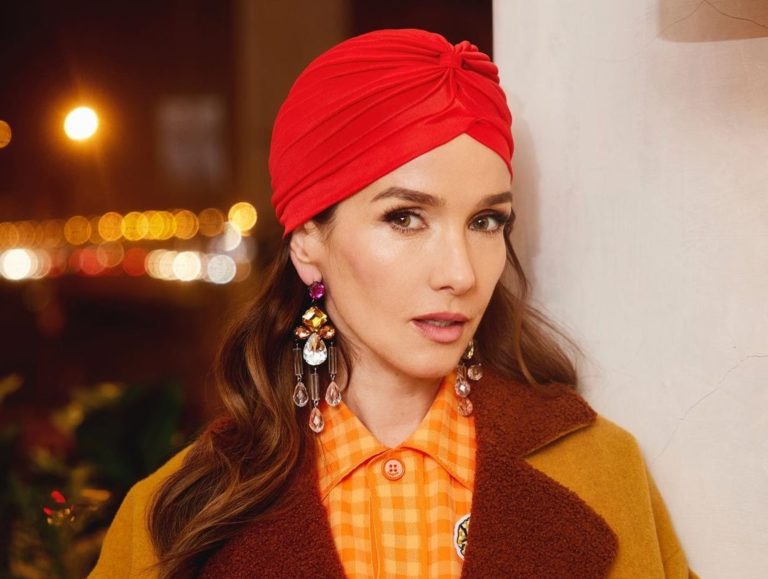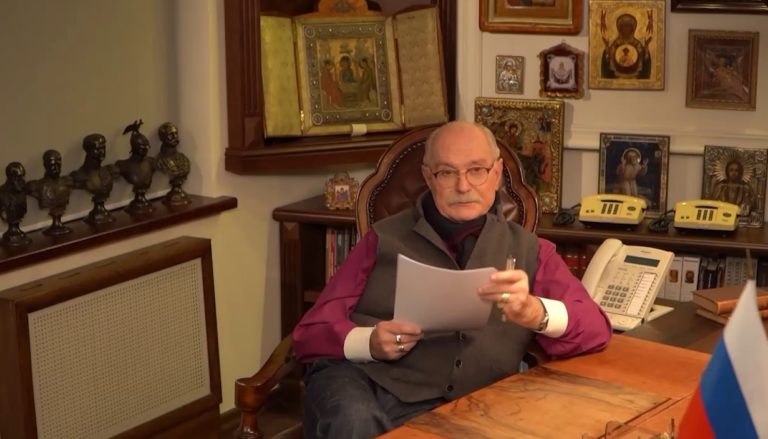Construction of public opinion
In Russia, the narratives needed by the Kremlin are broadcast not only by politicians and government-controlled mass media. Films, music, propaganda campaigns, showbiz stars, etc., work for propaganda. The Russian state leadership does not spare hundreds of billions of rubles on brainwashing every year – and this is just if we evaluate the financial support of the state media.
Russian celebrities do not work for propaganda for free either. For instance, in 2015, hackers posted the correspondence of Timur Prokopenko, the then deputy head of the Office of the President of the Russian Federation for Internal Policy. These data shed light on the Kremlin’s cooperation with journalists and cultural figures. For example, it became known that the Russian comedian Mykhailo Galustian published commissioned pro-Putin materials on his social networks with a multi-million audience for significant sums of money.
With the beginning of the full-scale invasion of Ukraine, the propaganda flywheel spun with new force. The Kremlin needs to justify its criminal decision before its domestic audience and the international community, so the aggressor country is not particularly selective in its means. As a result, not only politicians and propagandists are involved in spreading the necessary narratives, but also other famous people who influence public opinion: singers, theatre, film and sports stars.
